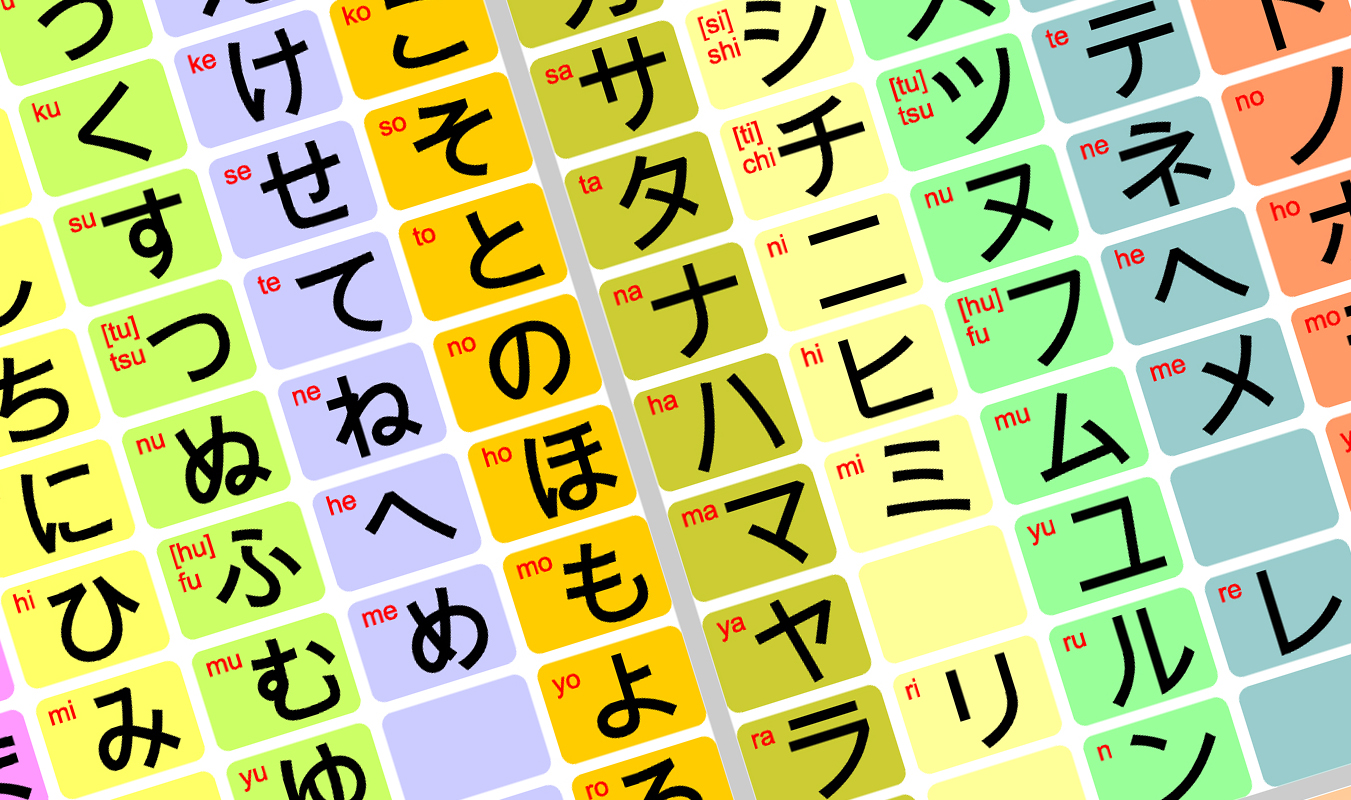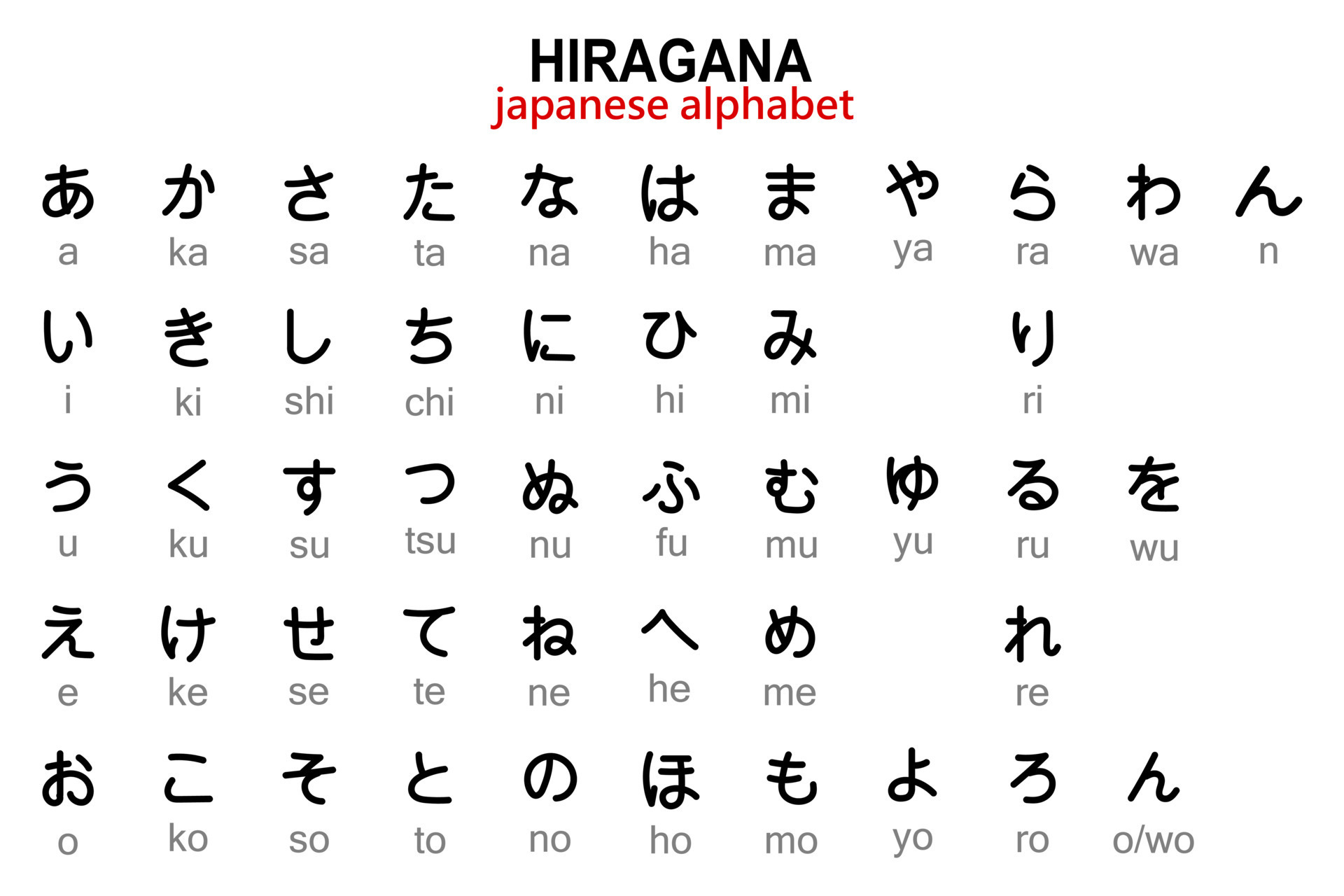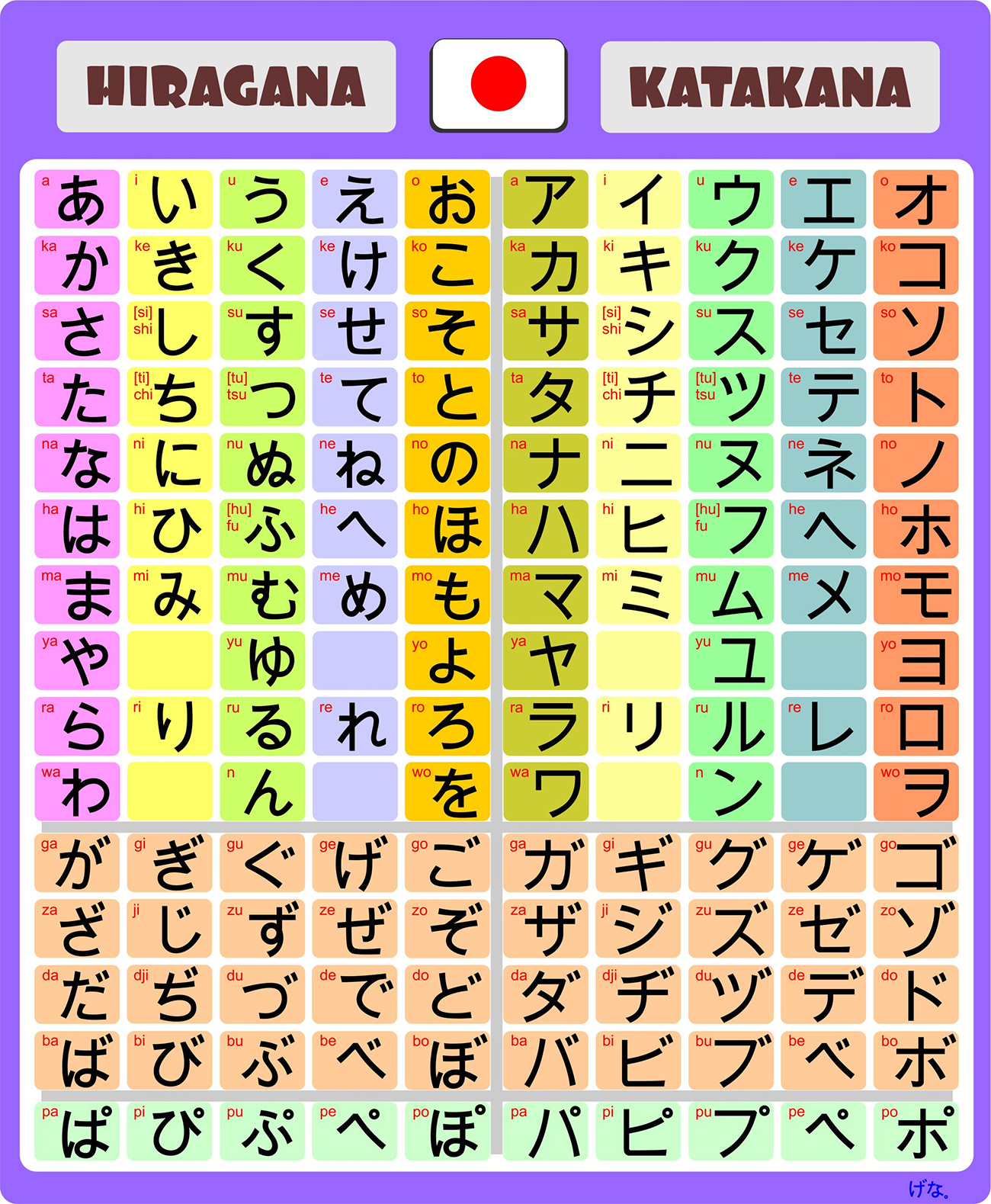🤖 AI-Generated Content
This content has been created using artificial intelligence. While we strive for accuracy, please verify important information independently.
Imagine a feeling of deep calm, a sense of lightness that washes over you, leaving you feeling truly renewed. This is a bit of what many people describe after experiencing a Japanese hot oil massage, a practice that, you know, has been around for a while. It's more than just a simple rubdown; it's a gentle way to encourage your body to let go of things it no longer needs, helping you feel more vibrant and clear.
Many of us go about our busy days, accumulating stress and, well, just a lot of stuff inside us, both physically and mentally. This particular kind of body work, which uses warm oils, aims to help with that. It's about creating a peaceful space where your body can, in a way, reset itself, encouraging a natural process of inner cleansing. It’s a very soothing experience, really, one that many find quite beneficial.
So, if you’ve been feeling a little heavy, or just a bit out of sorts, maybe a Japanese hot oil massage could be something worth looking into. It offers a chance to pause, to breathe, and to give your physical self some much-needed attention. We'll talk more about what this kind of session involves and how it might support your well-being, naturally, in the paragraphs that follow.
- Eva Elfie X Jason Luv
- Is Lauren Daigle Married
- Teach Me First Honeytoon Free
- Russian Lathe Accident
- Yailin La Más Viral Erome
Table of Contents
- What is Japanese Hot Oil Massage?
- The Warmth of Japanese Hot Oil
- How Does Japanese Hot Oil Massage Help Your Body?
- A Gentle Push for Detoxification
- What Can You Expect During a Japanese Hot Oil Massage Session?
- Preparing for Your Japanese Hot Oil Massage
- Is Japanese Hot Oil Massage Right for Everyone?
- Finding the Right Japanese Hot Oil Massage Practitioner
What is Japanese Hot Oil Massage?
This kind of body work, you know, comes from a long tradition of healing practices in Japan. It’s not just about rubbing muscles; it’s a whole approach that considers the body’s energy pathways and overall balance. Practitioners use warm, often plant-based, oils that are applied to the skin, helping the hands glide smoothly and allowing the warmth to soak in. It's a very different feel from some other types of body work you might have tried, focusing more on a gentle, flowing rhythm rather than deep pressure. The idea is to bring a sense of calm and to help the body’s own systems work a little more freely. So, it's about comfort and gentle care, really.
The Warmth of Japanese Hot Oil
The use of heated oil is a pretty central part of this experience. When the oil is warmed, it feels incredibly comforting on the skin, almost like a soft, soothing blanket. This warmth, you know, does more than just feel good; it helps the muscles relax and become more pliable, making it easier for the practitioner to work with the body. It also seems to help the skin absorb the nourishing properties of the oils, which can leave your skin feeling wonderfully soft and cared for afterward. It's a key element that helps create that very relaxing and restorative atmosphere during a Japanese hot oil massage session. Basically, the warmth itself is a big part of the comfort.
Beyond the physical sensation, the warmth also plays a role in creating a calming mental state. When your body feels warm and relaxed, your mind tends to follow suit. This can help quiet busy thoughts and allow you to fully give in to the moment of peace. It’s almost like a gentle invitation for your whole being to just slow down and unwind. The specific oils used might vary, but the consistent element of gentle heat is what truly sets the tone for this particular kind of body care. You might find yourself drifting off, which is a good sign you’re getting the most out of it.
- Nisha Guragain Viral Mms Video
- Roman And Sharon Exclusive Content
- Viralkhand
- Jameliz Benitez Onlyfans
- Somali Wasmo Telegram 2025
How Does Japanese Hot Oil Massage Help Your Body?
People often seek out this type of body work for various reasons, but a common one is the feeling of inner cleansing or "detoxification." While the body has its own amazing ways of cleaning itself, a Japanese hot oil massage is thought to support these natural processes. The gentle strokes and warmth, you know, can help encourage better circulation, which is pretty important for moving things around in the body. When blood and lymph fluids move more freely, it can help the body carry away waste products more efficiently. It’s not about forcing anything out, but rather, giving the body a little nudge to do what it already knows how to do. So, it’s a supportive role, really.
The pressure applied, which is usually light to medium, also helps to stimulate certain points on the body, similar to how other traditional practices work. This stimulation, along with the warmth, can help release tension that might be holding things back. When muscles are tight, they can sometimes impede the flow of fluids. By helping these areas relax, the Japanese hot oil massage aims to create a more open pathway for the body's natural cleansing systems. It’s about encouraging a state of ease and flow within your physical self, which many find contributes to a feeling of lightness and improved well-being. It’s a very gentle approach, too.
A Gentle Push for Detoxification
The idea of detoxification in the context of a Japanese hot oil massage isn't about harsh cleanses or drastic measures. Instead, it’s about supporting the body’s innate ability to purify itself. The warmth of the oil, combined with the rhythmic movements, can help open up the pores of the skin, allowing for a gentle release of impurities through perspiration. This is a natural way the body sheds what it doesn't need, and the massage simply aids in that process. You might feel a slight warmth or a subtle tingling sensation as this happens, which is quite normal. It’s a very subtle yet profound way to assist your body’s daily work of staying clean inside.
Furthermore, the soothing touch of a Japanese hot oil massage can have a calming effect on the nervous system. When we are stressed, our bodies tend to hold onto things, both physically and emotionally. By promoting a state of deep relaxation, the massage can help reduce stress hormones, allowing the body to shift into a more restorative mode. In this relaxed state, the body is better able to focus its energy on maintenance and repair, including the processes that help remove waste. It's almost like giving your body a peaceful vacation, allowing it to catch up on its internal housekeeping. This quiet time is, you know, very beneficial for overall balance and inner cleanliness.
What Can You Expect During a Japanese Hot Oil Massage Session?
When you go for a Japanese hot oil massage, you can generally expect a very calming atmosphere. The room is usually quiet, maybe with soft lighting and gentle sounds, to help you feel at ease. The practitioner will likely start by having a brief chat with you about how you're feeling and any areas you'd like them to focus on. This helps them tailor the experience a little bit to your current needs. Then, you'll typically be asked to get comfortable on a massage table, usually under a sheet or towel. The practitioner will use warm, natural oils, applying them with smooth, flowing strokes across your body. It's a pretty serene experience, and you might find yourself drifting into a very relaxed state.
The movements in a Japanese hot oil massage are often long, gliding, and rhythmic, rather than using deep, intense pressure. While some areas might receive a bit more attention, the overall feel is one of gentle, continuous flow. The focus is on encouraging circulation and relaxation throughout the entire body, rather than targeting specific knots with force. You might notice the practitioner working on various parts of your body, from your back and limbs to your head and feet, always with that comforting warm oil. It's a very holistic approach, aiming to bring balance to your whole system. Basically, it’s about feeling cared for from head to toe.
Preparing for Your Japanese Hot Oil Massage
To get the most out of your Japanese hot oil massage, there are a few simple things you can do beforehand. It’s a good idea to hydrate well by drinking plenty of water in the hours leading up to your session. This helps your body prepare for the gentle processes that the massage encourages. You might also want to take a warm shower before you go; this can help relax your muscles and open your pores, making the oil absorption a bit more effective. Eating a light meal a couple of hours before your appointment is also a good idea, as you don't want to feel too full or too hungry during the session. Basically, just try to be comfortable.
It's also helpful to arrive a little early, if you can, to give yourself time to settle in and relax before the massage begins. This helps you transition from your busy day into a more peaceful mindset. During the session, feel free to communicate with your practitioner if you have any preferences regarding pressure or if you feel uncomfortable at any point. They are there to ensure you have a good experience. After the Japanese hot oil massage, you might feel very relaxed, even a little sleepy, so plan for a quiet period afterward if possible. It’s a good time to just be with yourself and let the benefits settle in. You know, just take it easy.
Is Japanese Hot Oil Massage Right for Everyone?
Generally speaking, a Japanese hot oil massage is a very gentle and soothing experience, making it suitable for a wide range of people. However, like any body work, there are times when it might not be the best choice, or when certain adjustments might be needed. If you have any serious health conditions, such as heart issues, skin sensitivities, or are pregnant, it's always a good idea to chat with your doctor before booking a session. This ensures that the massage is safe and appropriate for your specific circumstances. A good practitioner will also ask about your health history before starting, which is pretty standard practice.
People who are looking for very deep, intense muscle work might find this type of massage a bit too gentle for their needs. The focus here is more on relaxation, circulation, and a gentle encouragement of the body's natural systems, rather than breaking down deep muscle knots. If you have open wounds, severe bruising, or certain skin infections, it’s also best to wait until those conditions have healed. The practitioner will always prioritize your comfort and safety, so open communication about any concerns you have is, you know, very important. It's really about finding the right fit for what your body needs at that moment.
Finding the Right Japanese Hot Oil Massage Practitioner
Choosing someone skilled and caring for your Japanese hot oil massage is pretty important. You want to find a practitioner who understands the traditional aspects of this body work and can create a truly comforting and beneficial experience. One good way to start is by looking for places that specialize in traditional Japanese body care or holistic wellness. Reading reviews from other people who have visited can also give you a good sense of a practitioner's approach and how others have felt about their sessions. It's almost like finding a good friend for your body.
Don't hesitate to call and ask questions before you book. You can inquire about their training, their philosophy, and what kind of oils they use for the Japanese hot oil massage. A good practitioner will be happy to answer your questions and help you feel at ease. Trust your gut feeling too; if a place or a person feels right, that's often a good sign. Ultimately, the goal is to find someone who can guide you through a truly relaxing and supportive experience, helping you feel refreshed and renewed. You know, someone who really gets it.
This article has explored the concept of Japanese hot oil massage for detoxification, covering what it is, how the warm oil contributes to the experience, and how it is believed to support the body's natural cleansing processes. It also touched on what to expect during a session, how to prepare for it, and considerations for whether it is suitable for an individual. Finally, it offered guidance on finding a qualified practitioner for this type of body work.
Additional Resources
Visual Content



Disclaimer: This content was generated using AI technology. While every effort has been made to ensure accuracy, we recommend consulting multiple sources for critical decisions or research purposes.
